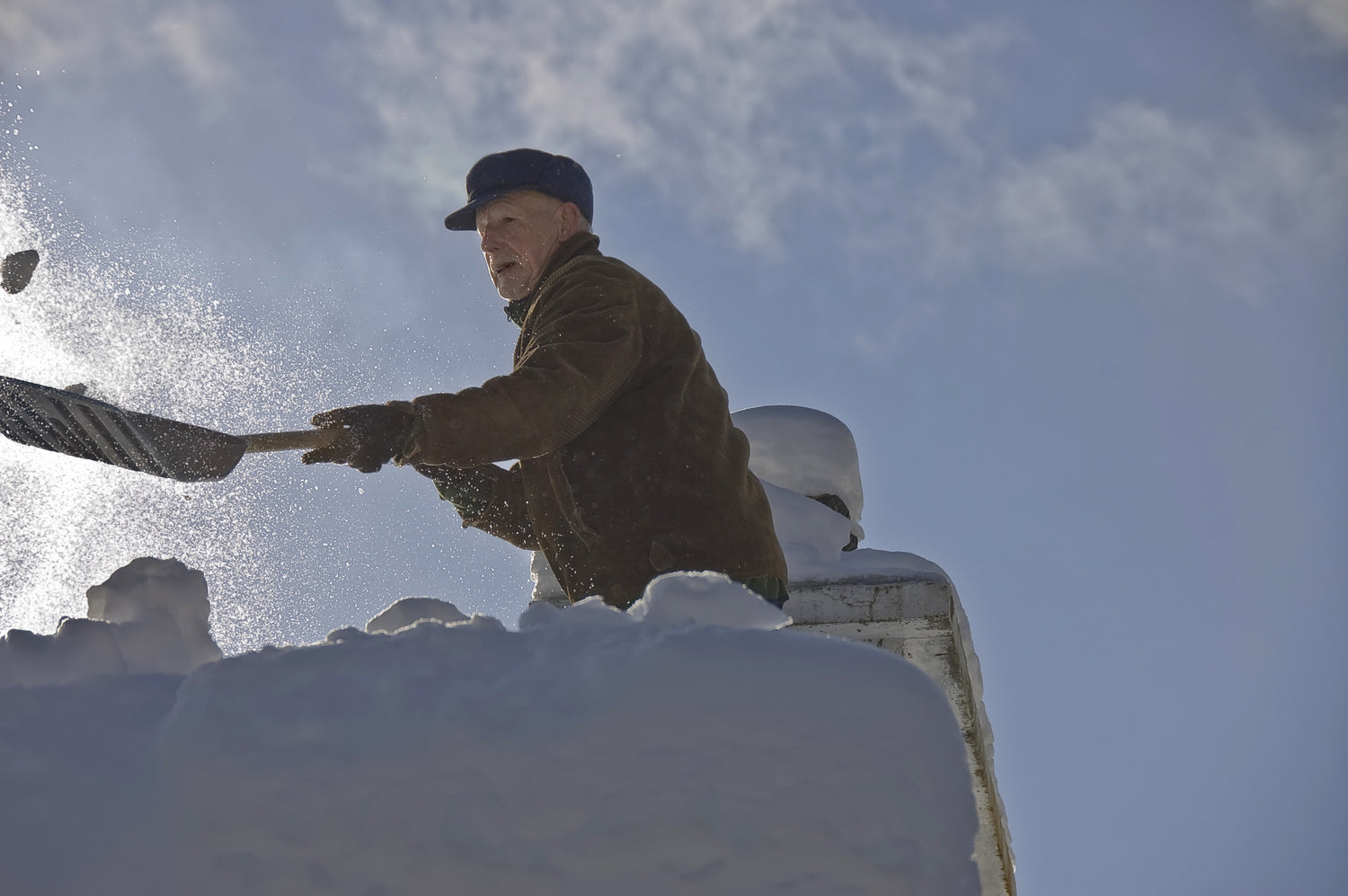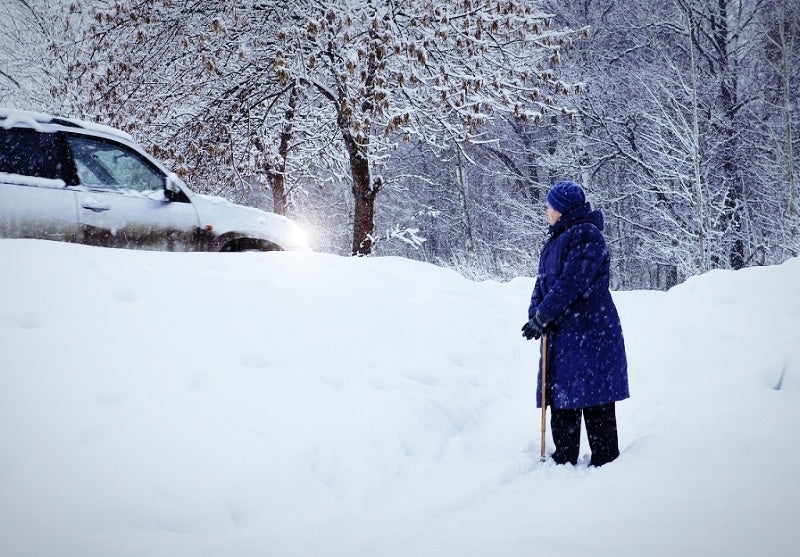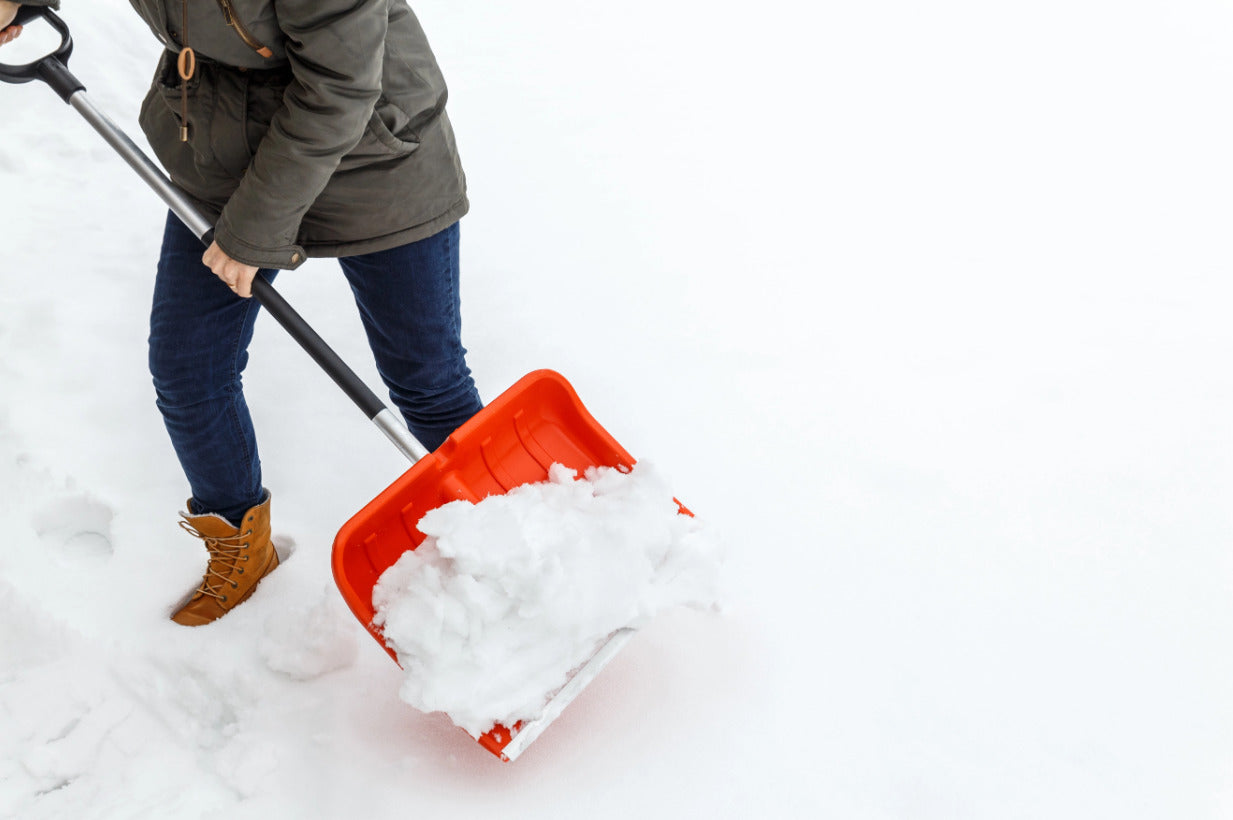
With modern technologies at their disposal, more awareness of smart, healthy lifestyle practices, and a wider range of connectivity, seniors have developed into a stronger, more independent generation than history has ever seen before.
Of course, as a senior living on your own, there are certain situations you need to keep on top of, winter being one of them. Use this safety checklist to make sure you and your home are ready for the cold season so you can rest easy during those winter months.
1. Check all heating units before the first frost of the season
As the weather gets colder you’re going to need to heat your home. Whether you use a fireplace, gas heating, or electric units, it’s important to thoroughly check these systems before the winter begins. Make sure to do the following:
- Run the heating elements to be certain everything is working properly
- Check that nothing is broken or needs replacing
- Clean the flue and other chimney parts that might contain residue from last year
- Stock up on fuel, batteries, and wood so you don’t run out when you need them the most
2. Install alarms
In winter, the risk of fire and carbon monoxide poisoning increases. At the beginning of the season make sure that your fire alarm and carbon monoxide detectors are working properly,
Have fully-charged batteries, and are loud enough to hear. Obviously, if you don’t already have alarms and detectors, get them installed right away.
Another alarm system you can install is a panic button. This is a device that sends an alert to the local police, ambulatory service, or specified care giver in the event that you fall or suffer a debilitating health issue.
3. Be prepared
When a storm hits it’s too late to think about what you might need around the house. Have your home fully stocked in case you can’t leave for a few days. Follow this checklist:
- Stock up on food and supplies such as batteries, medications, canned goods, bottled water, and food items that won’t go bad for a few weeks. And remember, if the power goes out, your electric can opener won’t work. Keep this in mind while shopping
- Keep a few strong flashlights around the house in case the power goes out. Make sure your flashlights have fresh batteries
- Have medical equipment on hand such as a first aid kit, extra oxygen, medical cards, and a spare pair of eyeglasses
4. Stay healthy
Here are some tips:
- Exercise daily. There are several indoor exercises you can do to keep your heart pumping and your blood flowing. Moving around frequently will also help keep you warm
- Eat properly. A balanced diet will ensure that your body can function properly even during these physically challenging months. Eat frequent smaller meals rather than fewer larger meals, consume proteins, healthy carbs and fats, and limit your sugar intake. Boost your Vitamin D intake with fortified milk, healthy grains, and fish
- Avoid caffeine and alcohol in the winter. These inhibit your body’s temperature regulation
- Drink lots of water. And if you drink tea, indulge. It will help you stay warm
5. Stay in touch
The winter can be a lonely and isolating time for people who live alone. Avoid this dangerous psychological trigger by arranging for friends and family to drop by periodically, planning phone calls with your kids, and getting out to be among people.
6. Keep warm
Seniors have a harder time staying warm in the winter than do younger people. Remember to dress in layers, set the thermostat properly, and sleep with a heavy quilt and socks.
7. Keep walkways clear
Slips are the major cause of injury to seniors in winter. Have someone spread salt, sand, or other anti-slip materials on the walkway of your home as soon as possible after it snows or rains. Time is of the essence in order to prevent snow and ice buildup.
If you have a car and a driver’s license, make sure the vehicle is ready for winter weather.
- Take your car in for a checkup to make certain everything is running properly—tires, brakes, air conditioning/heating, etc.
- Refill fluids including windshield wiper, brake, oil, and coolant
- Keep an ice scraper and a folding plastic snow shovel in the car
- Update your AAA membership in case of an emergency on the road. You don’t want to get stuck outdoors in winter
- Listen to travel advisories on the radio before leaving the house
- Never leave a car running in a garage or other enclosed space, as this creates a serious carbon monoxide hazard
If you keep these tips in mind, you and your home will be ready for winter in plenty of time before the cold weather sets in.


